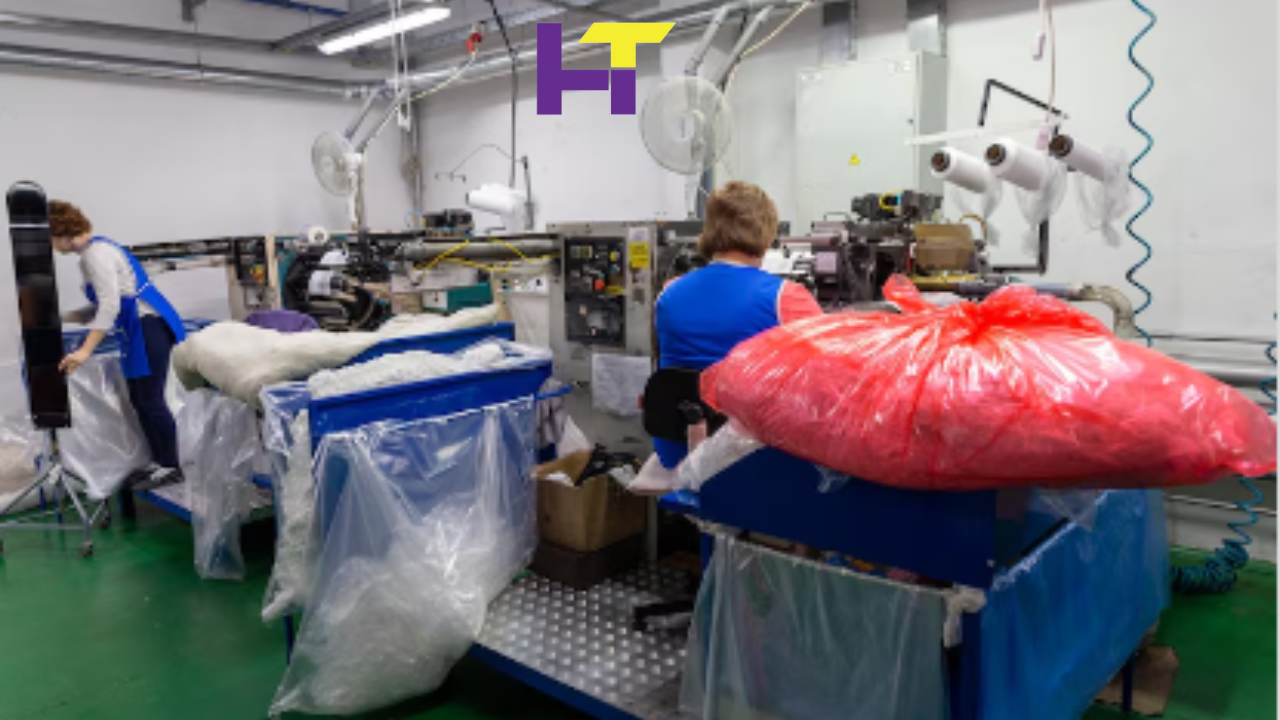Plastic Polypropylene Bags: The Essential Packaging Choice for Diverse Industries

In today’s global economy, packaging plays a pivotal role in the success of various industries. Among the myriad of packaging options available, plastic polypropylene bags stand out as a versatile and essential choice for a wide range of applications. From food packaging to industrial uses, polypropylene bags offer numerous advantages that make them indispensable for diverse industries.
This article will delve into plastic polypropylene bags’ unique properties, benefits, and applications, highlighting why they are the preferred packaging choice across different sectors.
Understanding Polypropylene Bags
Before exploring the specific advantages of polypropylene bags, it’s essential to understand what they are and how they are manufactured. Polypropylene (PP) is a thermoplastic polymer derived from propylene monomers. Plastic polypropylene bags are widely used in various industries for their exceptional properties, including durability, chemical resistance, and affordability.
Polypropylene bags are typically manufactured through a process called extrusion. During extrusion, polypropylene resin is melted and formed into thin sheets. These sheets are then cut and sealed to create bags of different sizes and shapes. Polypropylene bags can be customized with gussets, handles, and printing features, making them suitable for various packaging needs.
Advantages of Plastic Polypropylene Bags
Plastic polypropylene bags offer numerous advantages, making them a preferred packaging choice across diverse industries. Let’s delve into some of these advantages:
- Durability and Strength
One of the primary reasons why industries favor polypropylene bags is their exceptional durability and strength. Unlike traditional paper bags, which can tear or puncture easily, polypropylene bags offer superior resistance to tears, punctures, and moisture. This makes them ideal for packaging heavy or bulky items that require robust protection during storage and transportation.
- Chemical Resistance
Polypropylene is inherently resistant to many chemicals, oils, and solvents, making it an excellent choice for packaging materials that come into contact with various substances. Industries such as pharmaceuticals, agriculture, and chemicals rely on polypropylene bags to safely contain and transport their products without the risk of contamination or damage.
- Lightweight and Cost-Effective
Despite their durability, polypropylene bags are lightweight, which helps reduce shipping costs and environmental impact compared to heavier packaging materials. Polypropylene resin is relatively inexpensive, making polypropylene bags a cost-effective packaging solution for businesses across different sectors.
- Versatility
Polypropylene bags come in various shapes, sizes, and styles, making them highly versatile for different packaging needs. Whether it’s storing grains, packaging hardware components, or displaying retail merchandise, polypropylene bags can be tailored to meet specific requirements. They can also be custom-printed with branding, logos, and product information, enhancing brand visibility and marketing efforts.
- Recyclability
In an era where environmental sustainability is a growing concern, polypropylene bags offer a recyclable packaging solution. Polypropylene is a thermoplastic polymer that can be melted and reshaped into new products through recycling. By using recyclable polypropylene bags, businesses can reduce their environmental footprint and contribute to a more sustainable future.
Applications Across Industries
The versatility and benefits of plastic polypropylene bags make them indispensable across various industries. Here are some key sectors where polypropylene bags are commonly used:
- Food Packaging
Polypropylene bags are widely used in the food industry for packaging grains, nuts, spices, and other dry food products. The bags’ excellent moisture resistance helps preserve the freshness and quality of the contents, ensuring they reach consumers in optimal condition. Polypropylene bags are also FDA-approved for food contact, making them safe for storing edible items.
- Agriculture
Polypropylene bags are essential for storing and transporting seeds, fertilizers, animal feed, and other agricultural products in agriculture. The bags’ durability and resistance to moisture make them ideal for withstanding outdoor conditions and protecting sensitive agricultural inputs from damage.
- Retail and Consumer Goods
Polypropylene bags are commonly used in retail for packaging clothing, accessories, electronics, and other consumer goods. The bags’ customizable printing options allow retailers to showcase their branding and product information effectively, enhancing the overall shopping experience for consumers.
- Industrial Packaging
Polypropylene bags package hardware, automotive parts, chemicals, and other industrial products in industrial settings. The bags’ strength and chemical resistance make them suitable for safely storing and transporting a wide range of materials, protecting them from damage and contamination.
- Pharmaceuticals
In the pharmaceutical industry, polypropylene bags are utilized for packaging medications, medical devices, and pharmaceutical ingredients. The bags’ chemical resistance ensures the integrity of the contents, while their lightweight nature helps reduce shipping costs and environmental impact.
READ MORE
Conclusion
Plastic polypropylene bags are an essential packaging choice for diverse industries due to their durability, versatility, and cost-effectiveness. From food packaging to industrial applications, polypropylene bags offer numerous advantages that make them indispensable for businesses worldwide. As industries continue to prioritize efficiency, sustainability, and product integrity, polypropylene bags are likely to remain a preferred packaging solution well into the future.






